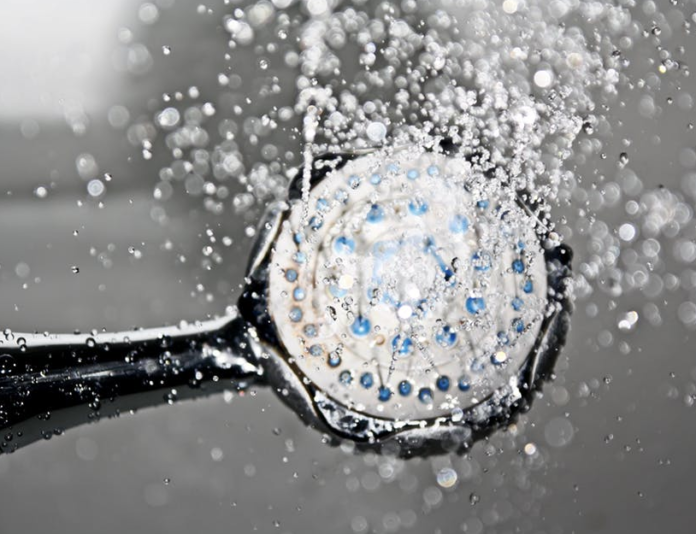Water, water everywhere, but not a drop to drink!
Hopefully, you will never find yourself in that situation, but those among us who consider themselves water enthusiasts can turn their noses up at a lovely cool glass of the clear stuff.
The reason?
Whether it is too hard or too soft. Yes, while many may not pay attention to the difference between hard and soft water, once you know what you are working with it is impossible to not notice. In fact, having too much of one or the other can lead to more consequences than you may think.
Read on to find out more.
What Is the Difference Between Hard and Soft Water?
The difference between hard and soft water comes down to one word.
Minerals.
As water travels through oceans and streams, it will have contact with rocks and other surfaces. If the rocks and the rest contain soluble minerals, mainly calcium and magnesium, then the water is more likely to be hard.
Soft water on the hand is lower in minerals (anything containing less than 61mg/l of calcium carbonate is considered soft.). Rainwater and natural water sources that are surrounded by rocks that don’t have soluble minerals are both types of soft water.
How Do I Know if I Have Hard vs Soft Water?
So now that we know the difference between hard and soft water, how do you know which is coming out of your home plumbing?
One clear way to identify the difference between hard and soft water is simply to drink some. Water with a high mineral content tends to have a stronger flavor. On the other hand, soft water is far more neutral, with some even having a slightly salty taste to them.
Another one of the signs of hard water can be found in one simple experiment.
Investigate for yourself by getting a bar of soap and filling up a container with water. Hard water leaves the water looking murky, lacks bubbles, and can leave soap residue all along the sides due to its reaction with the minerals. However, if you get bubbles almost instantly, yet the water remains clear, your water is soft.
Are There Any Benefits or Dangers With Hard or Soft Water?
The first thing to make clear about both types of water is that they are both safe to drink.
That being said due to the high calcium and magnesium content, hard water can supplement well for most people’s needed mineral intake.
So if it is so good for you, why are we not all trying our best to get all the hard water we can?
One factor as mentioned earlier comes down to the taste. However, mineral-rich water is also known to be damaging to both skin and hair. Common complaints about those who have no choice but to use hard water are having an itchy scalp, dry skin, and particular complications for those with eczema.
Soft water, on the other hand, has a better effect on the skin, leading to people being eager to install the best water softener they can in their homes. This also applies to cleaning in general, with soft water not leaving limescale marks on objects.
While not dangerous, those with high blood pressure may need to be aware of how much soft water they drink due to the higher sodium content.
Differences Between Hard and Soft Water Left Crystal Clear
We hope our breakdown of the difference between hard and soft water has left you awash with new information!
If you enjoy being filled in on all the answers to other questions you may ask, be sure to check out the rest of our site!









